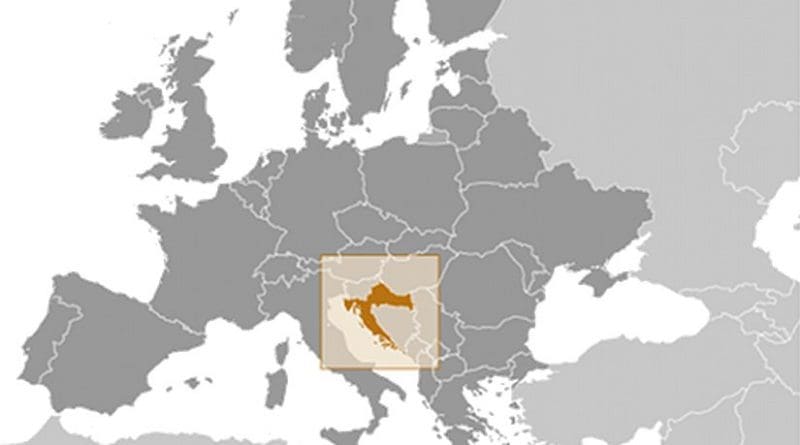Croatia Marks 26 Years Of Break From Yugoslavia
By Sven Milekic
On October 8, Croatia marked the anniversary of the 1991 declaration confirming the earlier proclamation of independence and terminating all ties with the Yugoslav state.
Stjepan Mesic, Croatia’s first Prime Minister, but only for a short period, also became President of the Presidency of Yugoslavia; later, he became the speaker of the Croatian parliament and Croatian’s second President between 2000 and 2010.
On October 8, Croatia marked the day in 1991 when the republic’s parliament held a session in secrecy that severed all ties with Yugoslavia.
The assembly thus confirmed the parliament’s earlier Declaration of Independence from Yugoslavia, passed on June 25, 1991.
After the city of Zagreb and the office of President Franjo Tudjman were bombed by Yugoslav Army jets on October 7, the parliament decided to meet in secret in the conference hall of the energy company INA in Zagreb.
Parliament thus terminated all state and legal ties with other republics and provinces of Yugoslavia, confirming the decision made in June 25, but which Croatia had under pressure agreed to put under a three-month moratorium.
“Armed aggression of the Republic of Serbia and of the so-called JNA [Yugoslav People’s Army] has been inflicted on the Republic of Croatia. The Republic of Croatia is forced to defend itself with all available means.
The so-called JNA is proclaimed an aggressor, an occupying army, and must without delay leave Croatian territory, which it has temporarily occupied,” the decision read.
“All countries, especially members of the European Community and the United Nations, are invited to establish diplomatic relations with the Republic of Croatia,” it concluded.
Full international recognition of Croatia followed in January 1992, after Germany warned other EU countries that it intended to recognise the new state.
Independence followed the formation of the first multi-party government in the republic since the Second World War in May 1990.
This then adopted a new constitution in December 1990.
The situation in the republic worsened rapidly in the summer of 1991, as armed conflict erupted between Croatian forces and Croatian Serbs opposed to the drift towards independence.
The JNA, by then increasingly controlled by Serbia, intervened on the side of the Croatian Serbs, and together they overran about a quarter of the republic’s territory.
The war ended in 1995 when the re-equipped Croatian army speedily regained control over the lost territory in a series of lightening offensives.

